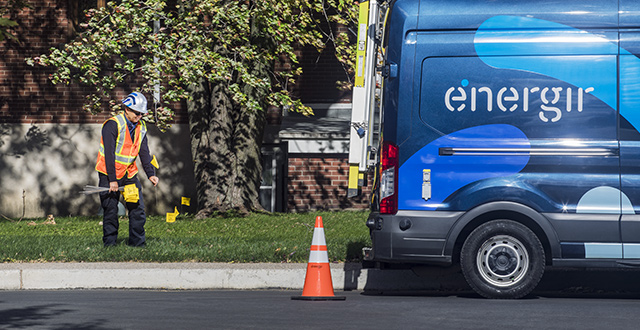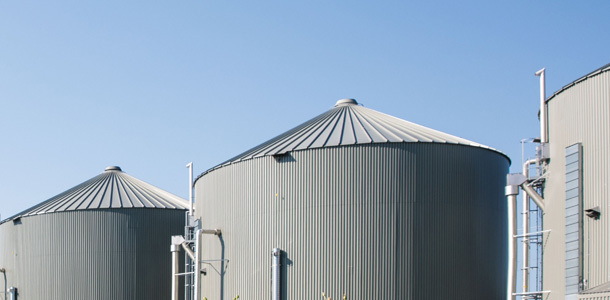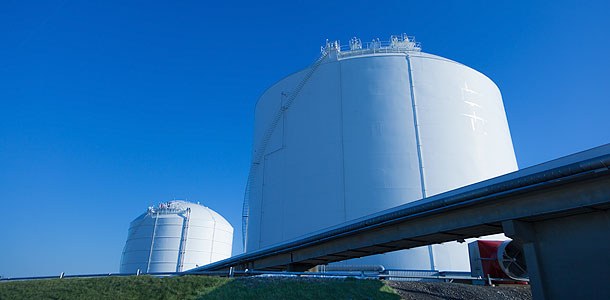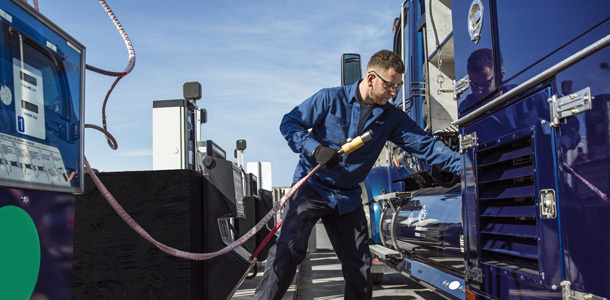About natural gas
The natural gas distributed in Quebec is 95% methane with less than 4% ethane and nitrogen as well as 1% carbon dioxide and propane. To reach an end user, it travels along a system of underground lines. A kind of labyrinth is threaded through the urban subsoil, connecting homes, shops and industrial operations.

The value of the Quebec gas distribution system
Quebec’s gas distribution system is a critical piece of infrastructure—already in place—that still has a key role to play in the province’s energy system. Although it was originally designed to distribute fossil natural gas, its continued importance stems from the fact that can also deliver renewable natural gas (RNG). And RNG is 100% renewable, so it can be used to decarbonize part of the existing energy system without the need for massive investment in new infrastructure.
Natural gas can also be used at peak periods to avoid overloading Quebec’s electrical grid, and for processes that are difficult to electrify, particularly in the industrial sector.
The gas distribution system serves as a necessary complement to electricity in meeting society’s energy needs.
Safe energy
Natural gas isn’t poisonous and would be odourless if they didn’t put in a bit of mercaptan—an odorant—so you can smell it if there’s a leak. It’s the mercaptan that gives it that powerful rotten egg smell you can detect when the concentration of gas in the air is less than 1%.
Natural gas is lighter than air so it rises and dissipates quickly outside. If it comes in contact with water, it doesn’t mix with it or contaminate it. It forms bubbles that rise to the surface and dissipate.
Lastly, natural gas isn’t that flammable. It will only ignite in a mixture of air and gas that’s 5% to 15% natural gas (that’s a narrower range than for gasoline or propane) and only if there’s an ignition source.

Versatile energy
Natural gas is affordable, safe and has a high heat value—energy that’s ideal for all kinds of uses in homes, retail, offices, factories and institutions.

Comfort and reliability at home
Safe and efficient natural gas is the source of energy for many Quebec homes. Team it up with electricity in a dual-energy system and you get the right energy at the right time so it costs you less.2 Plus it can power residential areas where grid capacity is insufficient or overloaded, especially for periods of high seasonal demand such as winter cold snaps and summer heatwaves.
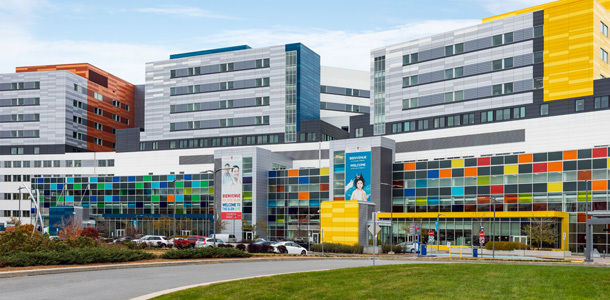
Supporting the Quebec economy
Natural gas is used extensively to heat big buildings like hospitals, schools, warehouses, office buildings, arenas, commercial retailers, as well as smaller spaces like restaurants convenience stores and hair salons.
Everyone knows it’s used for water and space heating and to cook on, but it also fuels commercial vehicle fleets.
Right there for industry
Aluminum smelting, mining, pulp and paper, agrifood and metallurgy use a lot of natural gas, because some of the processing they do requires more heat than what electricity can supply. In addition, Énergir offers numerous subsidies to help industrial companies improve their energy efficiency to reduce their carbon footprint and operating costs.
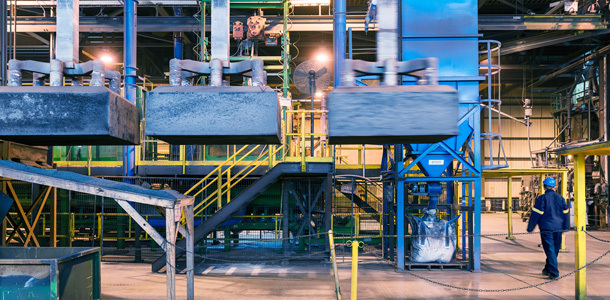

Natural gas is also a fuel
Compressed natural gas engines are proven technologies that have been widely used globally for many years in the road and marine transportation sector. Natural gas is an alternative to diesel or gasoline that can power heavy-duty vehicles and provides a 20-30% GHG reduction over diesel.
Alternative natural gas options
In addition to its gaseous form, natural gas also exists in liquefied (LNG) and compressed (CNG) forms.
Also, producing RNG from organic waste makes it possible to replace a fossil fuel with 100% renewable energy.
Consuming better and less: a priority at Énergir
Énergir plays an active role in the energy transition. By supporting energy efficiency projects throughout Quebec and across all sectors. By leveraging complementary energies. Learn more about decarbonation solutions.

